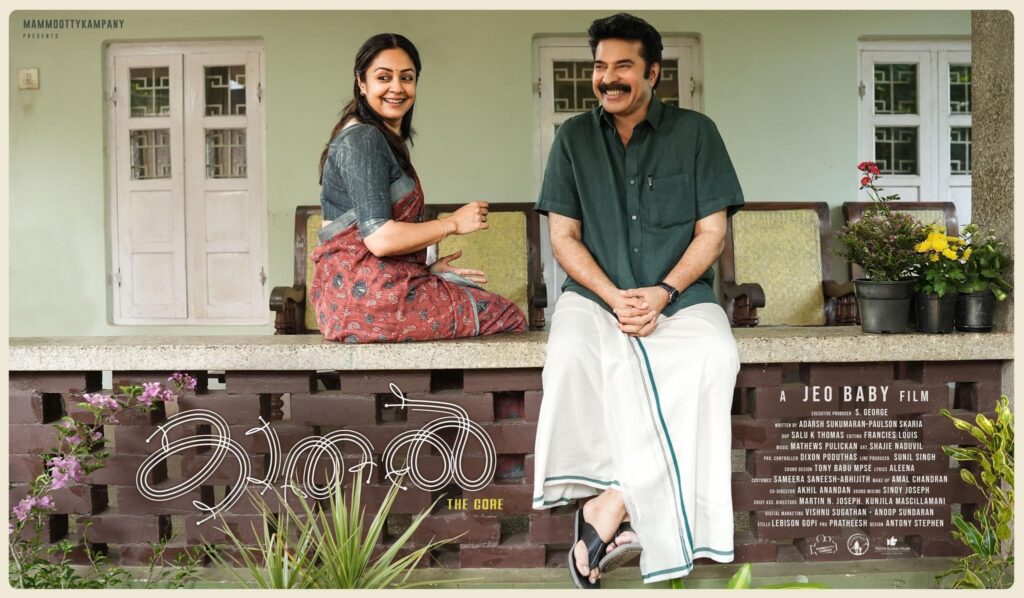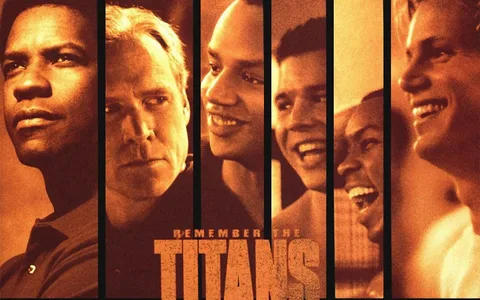Among Don Palathara’s filmography, “Family” emerges as an intriguing addition, though not quite reaching the heights of some of his previous works. While Palathara’s films often excel in their political commentary or cinematic craftsmanship, “Family” takes a different route, delving into the complexities of its titular theme with a somewhat softer touch.
The story revolves around Sony, a member of an orthodox Christian family, and a dedicated teacher awaiting a permanent position. As events unfold in their village, we witness the intricate dynamics of Sony’s life and the community that both shapes and shields him.
In naming the film “Family,” Palathara sidesteps the conventional dysfunctional family narrative. Instead, he offers a critique of the idealization of family as an all-encompassing entity. The film daringly portrays how even seemingly upright families can harbor dark secrets, acting as protectors of predators. Palathara succeeds in painting Sony as a normalized figure, blending evident goodness with subtle, unsettling undertones.
Vinay Forrt’s portrayal of Sony is the film’s strongest asset. His body language exudes the deceptive charm and hidden depths of the character. Forrt’s ability to evoke both empathy and unease adds layers to Sony, creating moments of eerie humor and discomfort.
The supporting cast, though with minimal screen time, adds authenticity to the narrative. Divya Prabha shines as the archetypal daughter-in-law, while Nilja K Baby brings depth to Sony’s love interest. Mathew Thomas, as Sony’s brother, conveys the complexities of sibling dynamics with subtle facial expressions.
A metaphorical layer unfolds through the presence of a tiger, preying on the village’s domestic animals. This juxtaposition of predators highlights societal double standards, a theme that runs parallel to Sony’s story. Palathara skillfully weaves this thread into Sony’s narrative, adding layers of intrigue to the film’s themes.
However, “Family” falters in its final act. The climax, where Sony seemingly sheds his troubled past with the aid of his family, lacks the punch needed to leave a lasting impact. The subdued resolution, while attempting to avoid preachiness, falls short of delivering the intended shock value.
Don Palathara’s films have always maintained a delicate balance between commentary and narrative. “Family” continues this trend, crafting a thought-provoking world through its frames and pacing. Yet, the film’s hesitant approach to its conclusion diminishes its overall impact.
In the end, “Family” stands as a commendable exploration of the intricacies within familial structures, though it falls just shy of delivering the profound, unsettling finale it hints at throughout its runtime.



